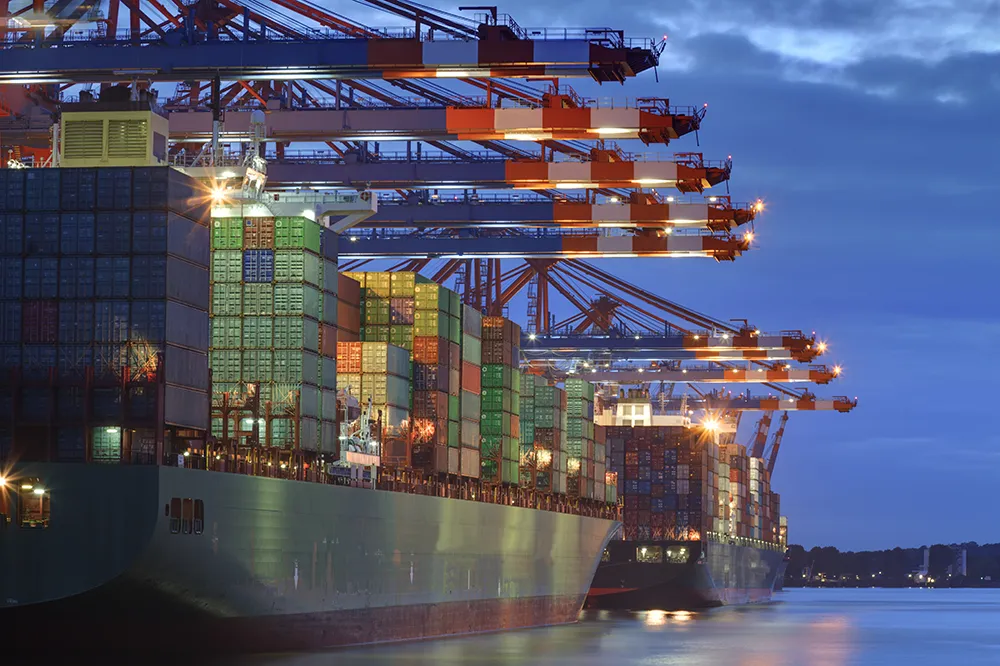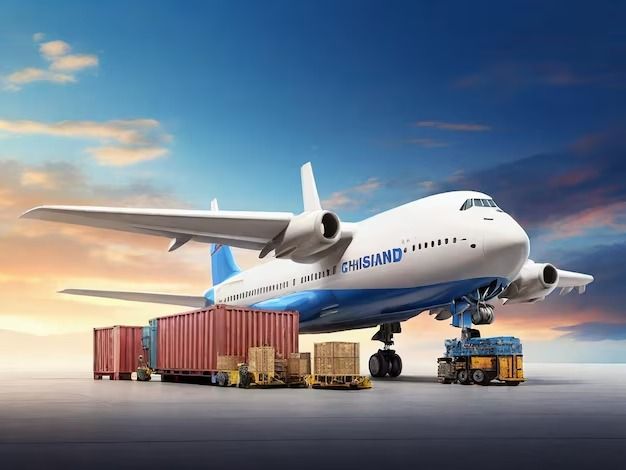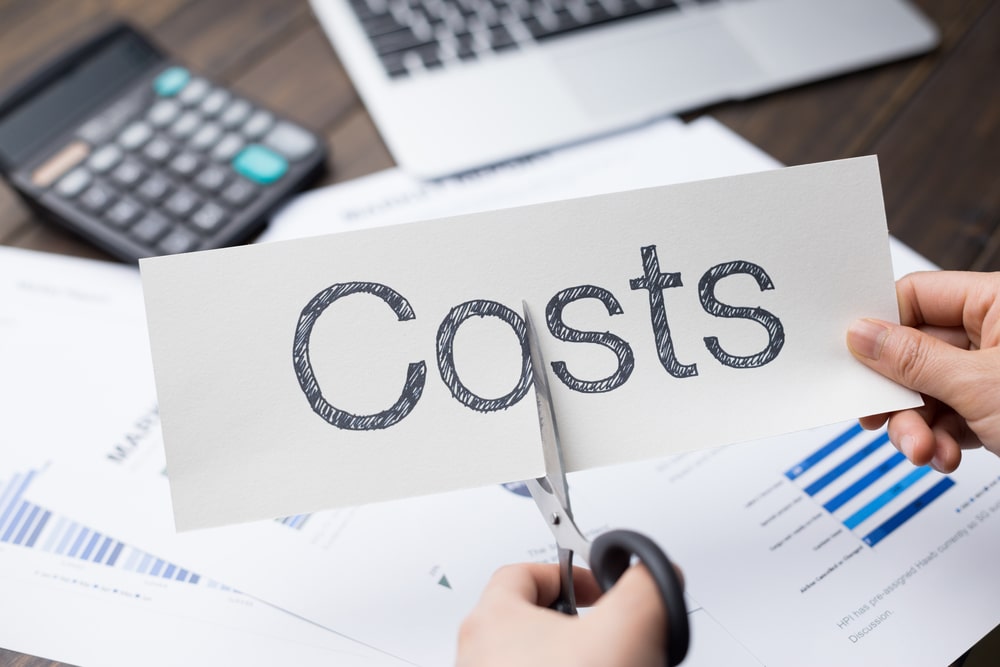- By TOP CHINA FREIGHT
- September 5, 2025
- Shipping
Table of Contents
Finding accurate and transparent freight rates from China to USA is a challenge for many importers. Prices fluctuate constantly due to fuel, demand, and global supply chain trends. However, with the right strategies, you can secure competitive rates and streamline your shipping operations. This guide explores costs, shipping methods, customs requirements, and practical tips to help you make informed decisions.

What factors influence freight rates from China to USA?
Freight rates depend on multiple factors including fuel prices, container availability, route demand, and seasonal surcharges. Moreover, the choice of transport mode—air, sea, or express—directly affects pricing. For example, ocean freight offers lower costs per unit, while air freight is faster but more expensive. Additionally, Incoterms such as FOB (Free on Board) and CIF (Cost, Insurance, and Freight) determine which party covers shipping charges. Importers should also consider inland delivery charges within the USA, which vary based on destination city.
How much does sea freight cost from China to USA?

Sea freight is the most popular choice for bulk shipments. Container pricing is usually measured in FCL (Full Container Load) or LCL (Less than Container Load). FCL rates are more economical when volume justifies a full container, while LCL is useful for smaller loads.
| Container Type | Average Cost (USD) | Transit Time | Best For |
|---|---|---|---|
| 20ft FCL | $2,200 – $3,000 | 25–35 days | Small to medium bulk goods |
| 40ft FCL | $3,800 – $5,500 | 25–35 days | Large bulk shipments |
| LCL (per CBM) | $150 – $250 | 30–40 days | Small businesses |
While sea freight takes longer, it remains cost-effective for most importers. However, delays at major ports such as Los Angeles or Long Beach should be factored into planning.
Is air freight from China to USA worth the cost?

Air freight is ideal for time-sensitive shipments, high-value goods, or smaller consignments. Although rates are higher, the faster delivery makes it attractive for certain industries.
| Weight Bracket | Average Cost (USD/kg) | Transit Time | Best For |
|---|---|---|---|
| <100kg | $6 – $8 | 3–5 days | Samples, urgent orders |
| 100–500kg | $5 – $7 | 3–7 days | Electronics, medical items |
| 500kg+ | $4 – $6 | 5–10 days | High-value shipments |
Moreover, air freight reduces risks of port congestion, making it suitable for supply chains requiring predictable schedules.
Should you choose courier or express shipping?

Express courier services like DHL, UPS, and FedEx provide door-to-door delivery with tracking features. Costs are higher compared to LCL or FCL, but convenience offsets the expense for many small businesses.
| Service Type | Average Cost (USD/kg) | Delivery Time | Pros | Cons |
|---|---|---|---|---|
| DHL Express | $7 – $9 | 3–5 days | Fast, reliable | Expensive for bulk |
| FedEx | $6 – $8 | 4–6 days | Good tracking | Price fluctuations |
| UPS | $6 – $8 | 4–6 days | Wide coverage | Higher surcharges |
What documents are required for shipping from China to USA?

Declares value and goods description
Identifies package details
Proof of carriage
Confirms where goods are manufactured
Required by US Customs for ocean freight
Guarantees payment of duties and taxes
How do Incoterms affect shipping costs?
Incoterms clarify responsibilities between buyer and seller. For instance, FOB means the supplier covers export clearance and port delivery, while the buyer handles freight. CIF includes freight and insurance up to the destination port. Importers must choose wisely, as Incoterms directly influence freight rates, risk coverage, and budgeting. Additionally, Ex Works (EXW) may seem cheaper but shifts full responsibility to the buyer, often resulting in hidden charges.
What is the average transit time from China to USA?
Transit times vary by shipping method and destination port.
| Route | Method | Average Transit Time |
|---|---|---|
| Shanghai – Los Angeles | Sea (FCL) | 20–25 days |
| Shenzhen – New York | Sea (FCL) | 30–35 days |
| Ningbo – Chicago | Air Freight | 5–7 days |
| Guangzhou – Miami | Courier | 3–6 days |
Therefore, choosing the right method requires balancing urgency with cost efficiency.
Case Study: Reducing freight costs for an electronics importer
A mid-sized electronics importer in Texas previously relied on air freight for all shipments from Shenzhen. Although reliable, costs were high, averaging $6 per kg. After consulting with a freight forwarder, they switched to a hybrid strategy: FCL shipments for regular inventory and express courier for urgent components. This reduced average logistics costs by 25% while maintaining timely deliveries. The case highlights the importance of combining different shipping methods for cost efficiency.
Can freight forwarders help lower shipping costs?

Yes, freight forwarders leverage bulk contracts, industry expertise, and route optimization to secure better freight rates from China to USA. They also assist with customs, documentation, and last-mile delivery. Additionally, working with forwarders helps avoid demurrage, detention, and unexpected surcharges. Importers with regular shipments benefit most from long-term partnerships, which provide both cost savings and operational stability.
Conclusion
In today’s global trade, managing freight rates from China to USA requires careful planning, market awareness, and the right shipping strategy. While sea freight is cost-effective, air and courier options provide speed and flexibility. Furthermore, Incoterms, customs documentation, and seasonal fluctuations all play crucial roles in determining final costs. By combining smart logistics strategies with expert freight forwarder support, importers can minimize expenses while ensuring reliable delivery schedules.
Need a Shipping Quote?
If you want expert guidance and peace of mind, our team is ready to assist.
TJ China Freight offers tailored solutions to help businesses of all sizes ship more reliably from China.

FAQs
Q1:How can I forecast freight rate trends for the next season?
To forecast freight rates from China to USA, monitor global oil prices, port congestion, and trade policies. Partnering with a forwarder ensures updated market insights and better cost planning.
Q2:What is the cheapest time of year to ship from China to USA?
The cheapest periods are usually after Chinese New Year and late summer. Demand is lower, so securing affordable container shipping from China to USA is easier.
Q3:How do tariffs impact total shipping costs?
Tariffs increase landed costs beyond freight rates from China to USA. Importers should review US tariff schedules and classify goods correctly to avoid penalties and optimize budgets.
Q4:Can I negotiate long-term freight contracts for stable pricing?
Yes, businesses with consistent volumes can negotiate fixed freight rates from China to USA, protecting against sudden market volatility and ensuring predictable logistics expenses.
Q5:How does cargo insurance affect shipping expenses?
Cargo insurance adds 0.3%–0.5% of goods’ value but protects against loss or damage. It makes China to USA freight shipping safer and more reliable for high-value items.
